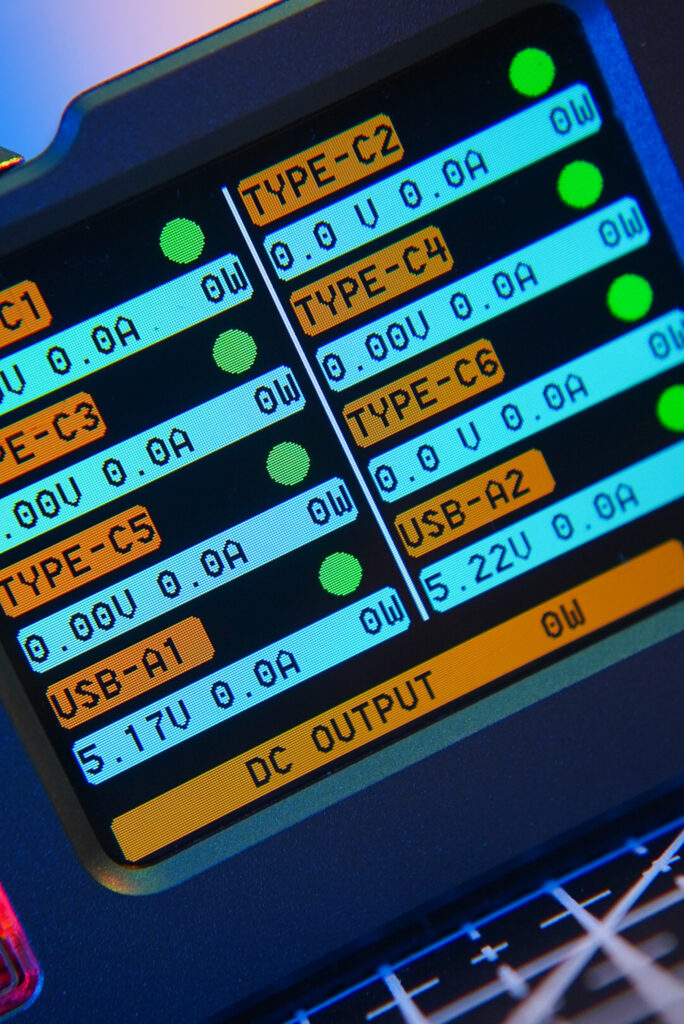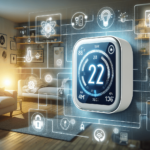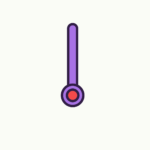There are numerous misconceptions surrounding smart homes that often lead to doubts and hesitations. However, it is crucial to debunk these myths and unravel the truth behind the innovative technology. From fears of privacy invasion to the belief that smart homes are too complicated to operate, this article aims to shed light on the realities of living in a smart home. So, let’s set the record straight and challenge these common misconceptions.
Debunking Common Myths about Smart Homes
Smart homes have become increasingly popular in recent years, with many people embracing the convenience and efficiency that this technology brings. However, despite their growing popularity, there are still some common myths and misconceptions surrounding smart homes that may deter people from considering them for their own homes. In this article, we aim to debunk these myths and provide a comprehensive understanding of smart home technology.

Smart Homes Are Expensive
One of the most prevalent myths about smart homes is that they are expensive. While it is true that investing in smart home technology may require an initial upfront cost, it is important to consider the long-term savings and benefits that come with it. Smart home devices, such as connected thermostats and smart lighting systems, can actually help reduce energy consumption and save you money on utility bills in the long run. Additionally, with advancements in technology, the cost of smart home devices has significantly decreased, making them more accessible to a wider range of homeowners.
Smart Home Technology Is Complicated to Install
Another common misconception is that smart home technology is complicated to install. However, this is not necessarily the case. Many smart home devices are designed to be user-friendly and easy to install, even for those with limited technical knowledge. The majority of smart home devices can be set up within a few minutes using simple plug-and-play mechanisms. Additionally, many manufacturers provide detailed installation instructions and online tutorials to guide users through the process. If you need further assistance, there are also professional installers available who can help ensure a seamless setup.
Smart Homes Are Vulnerable to Hacking
With news stories often highlighting cybersecurity breaches, it’s natural to be concerned about the security of smart home devices. However, it is important to understand that smart home technology has come a long way in terms of security measures. Manufacturers incorporate robust encryption protocols and authentication methods to protect against hacking attempts. Additionally, it is crucial for homeowners to take necessary precautions like using strong passwords, keeping devices updated with the latest firmware, and regularly monitoring their network for any unusual activity. By following these best practices, the risk of hacking can be significantly mitigated, making smart homes a secure option for homeowners.
Smart Home Devices Are Only for Tech-Savvy Individuals
Contrary to popular belief, smart home devices are not limited to tech-savvy individuals. Manufacturers have recognized the importance of making smart home technology accessible to all users, regardless of their technical expertise. Many smart home devices now have intuitive interfaces and user-friendly apps that make controlling and managing them a breeze. Moreover, smart home devices can often be integrated into existing home automation systems, allowing you to control multiple devices with a single app or voice command. This simplifies the user experience and ensures that even those less familiar with technology can enjoy the benefits of a smart home.

Smart Homes Require a High-Speed Internet Connection
While it is true that a reliable internet connection is essential for some smart home functions, such as controlling devices remotely or receiving updates, not all smart home features rely heavily on internet connectivity. Many smart home devices, such as smart thermostats or lighting systems, can operate locally without the need for an internet connection. These devices can be programmed to function based on predetermined schedules or react to environmental changes, ensuring that your home automation remains functional even during internet outages. However, it is worth noting that a high-speed internet connection can enhance the overall performance and responsiveness of a smart home system.
Smart Home Systems Are Only for New Houses
Some people believe that smart home technology can only be integrated into new houses, but this is simply not true. Smart home devices can be installed in existing homes with ease, regardless of when they were built. Retrofit solutions are available that allow homeowners to upgrade certain aspects of their homes to smart technology without undertaking extensive renovations. Whether you live in a historical mansion or a cozy cottage, you can still enjoy the convenience and efficiency of a smart home by integrating smart devices into your existing infrastructure.

Smart Homes Are Prone to Malfunctions
Another myth surrounding smart homes is that they are prone to malfunctions. While any mechanical or electrical system may encounter occasional glitches, smart home technology has advanced significantly in terms of reliability and stability. Manufacturers conduct rigorous testing to ensure that their devices meet industry standards and are built to withstand regular usage while minimizing the risk of malfunctions. Additionally, many smart home devices come with warranty coverage, providing peace of mind and protection against any unexpected issues that may arise. By choosing reputable brands and following proper maintenance guidelines, the occurrence of malfunctions can be minimized, allowing you to enjoy a seamless smart home experience.
Smart Home Devices Are Intrusive and Invade Privacy
Privacy concerns are often raised when it comes to smart home technology. However, it is important to note that privacy settings and data protection have become paramount in the development of smart home devices. Manufacturers are required to comply with strict privacy regulations and ensure that user data is secured. It is also crucial for homeowners to carefully review and adjust privacy settings on their smart home devices to their comfort level. By being aware of the data collection practices and taking appropriate measures, such as disabling unnecessary features or restricting access to certain devices, homeowners can enjoy the benefits of smart home technology while maintaining their privacy.

Smart Homes Are Not Energy-Efficient
Some people mistakenly assume that smart homes are not energy-efficient. On the contrary, smart home devices can significantly contribute to energy savings and promote a more sustainable lifestyle. Connected thermostats, for example, can learn your daily routines and adjust the temperature accordingly, optimizing energy consumption and reducing unnecessary heating or cooling. Smart lighting systems can be programmed to automatically turn off when not in use, preventing wasted electricity. Additionally, real-time energy monitoring features of smart home systems allow homeowners to identify areas of high energy usage and make informed decisions about reducing their environmental footprint. With the right combination of smart devices and thoughtful energy management, smart homes can be highly energy-efficient.
Smart Home Technology Is Limited to Certain Functions
Many people mistakenly believe that smart home technology is limited to certain functions, such as controlling lights or adjusting the temperature. However, smart home technology has evolved to encompass a wide range of functions and capabilities. From home security to entertainment systems, from kitchen appliances to health monitoring devices, the possibilities are vast. Smart home technology can seamlessly integrate various aspects of your home, providing you with increased control, convenience, and functionality. The integration of voice assistants, such as Amazon Alexa or Google Assistant, further enhances the capabilities of smart homes by enabling hands-free control and a more intuitive user experience.
In conclusion, debunking these common myths about smart homes is crucial to encourage more people to embrace this technology and experience the numerous benefits it offers. Smart homes are not only accessible and affordable, but they also provide convenience, energy efficiency, and enhanced security. By dispelling these misconceptions, we hope to empower homeowners to confidently explore the world of smart home technology and create a home that is truly smart and connected.











